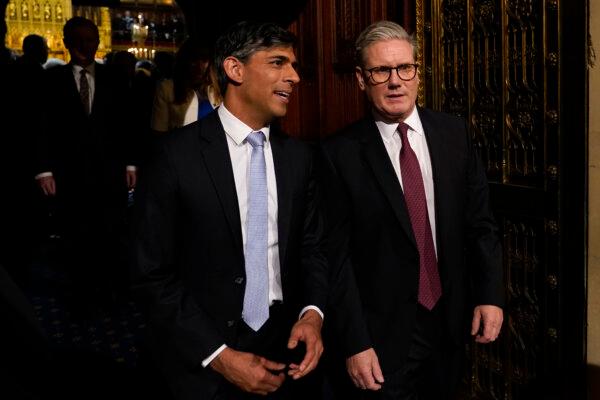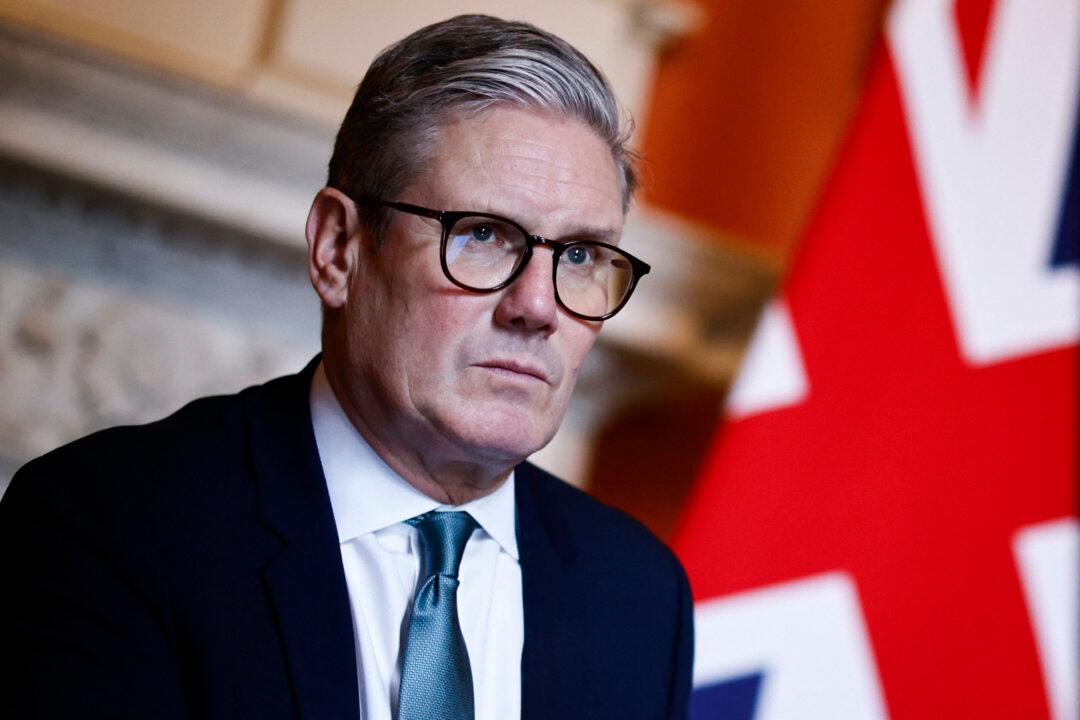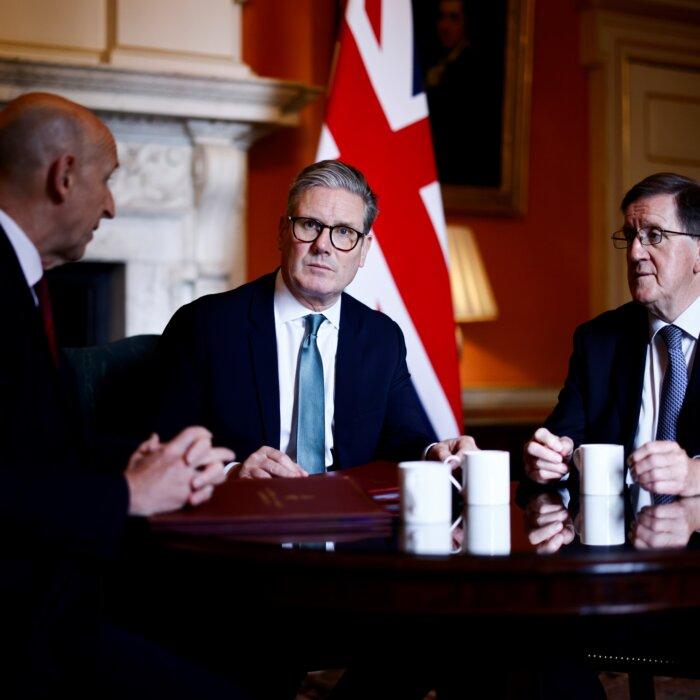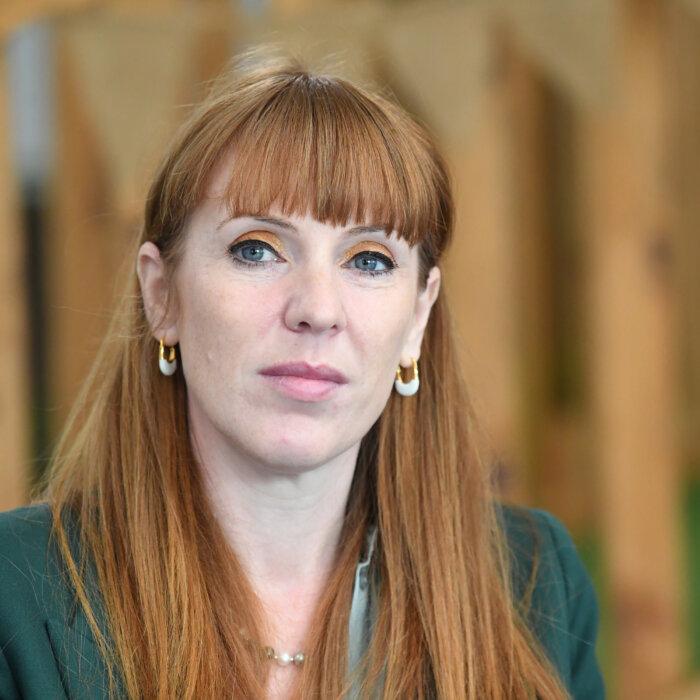The new Labour government has set out its legislative agenda in the first King’s Speech of the new Parliament.
King Charles III, accompanied by his wife, Queen Camilla, addressed both Houses on Wednesday for the second time as monarch of the UK.
King Charles’s first announcement was that “all significant tax and spending changes are subject to an independent assessment by the Office for Budget Responsibility.”
This is a direct Labour response to the mini-budget former Prime Minister Liz Truss brought in that led to her swift removal from Number 10.
The speech added that “securing economic growth” would be a fundamental mission of the government, which would seek a partnership with “both business and working people” to “help the country move on from the recent cost of living challenges by prioritising wealth creation for all communities.”
The king added, “My ministers will establish an Industrial Strategy Council—it is my government’s objective to see rising living standards in all nations and regions in the United Kingdom.”
On planning reform, the speech detailed ministers would “get Britain building, including through planning reform, as they seek to accelerate the delivery of high-quality infrastructure and housing.
“They will also pursue sustainable growth by encouraging investment in industry, skills and new technologies,” the king added.
Other plans surrounding housing included pledges to introduce legislation for granting more rights to renters including “ending no-fault evictions” and “reforming grounds for possession.”
Plans for a new employment rights bill were also unveiled, with the government saying it was committed to “making work pay” and would “legislate to introduce a new deal for working people to ban exploitative practices and enhance employment rights.”
The speech also revealed the government planned to establish laws placing requirements on companies working to “develop the most powerful artificial intelligence models.”
Legislation to give local authorities more power was unveiled to give new powers to elected mayors and allow local leaders to take control of their own bus routes.
Labour’s policy of bringing the railways back under national ownership was also detailed in the speech, with the establishment of “Great British Railways.”
On the environment, the creation of “Great British Energy” was announced, described as “a publicly-owned clean power company headquartered in Scotland, which will help accelerate investment in renewable energy such as offshore wind.”
The speech also committed the government to making the UK “energy independent,” but didn’t give a time frame for that achievement.
Legislation to strengthen “community policing” was also promised, with greater powers given to the police to deal with “antisocial behaviour.”

Education, Health, Foreign Policy
Pledges on education saw the confirmation of Labour’s manifesto key point of removing the VAT exemption on private school fees to “enable the funding of 6,500 new teachers” in the state sector.On the NHS, the king said the government would “seek to reduce the waiting times, focus on prevention, and improve mental health provision for young people.”
Other legislation focusing on young people included recommitting to the abandoned Tory pledge of progressively raising the legal age to buy cigarettes, and further restrictions on the sale and marketing of vapes, junk food, and and high caffeine energy drinks.
There was also a plan introduce a draft bill to ban so-called “conversion practices.”
Other areas of domestic policy addressed saw the establishment of an independent football regulator, draft legislation on “race equality” to “enshrine the full right to equal pay in law,” a re-commitment to strengthening devolution by establishing a “Council of the Nations and Regions,” and a pledge to remove the right of hereditary peers to sit in the House of Lords.
Foreign policy pledges included an “unshakeable” commitment to NATO, continued support for Ukraine and backing the country’s inclusion into the organisation, support for a “viable and sovereign Palestinian state,” and improving the UK’s relationship with the EU.
The speech was one of the most legislation heavy in recent history, with 40 bills being the highest number to be announced at a State Opening since 2005.
The last time the party in government changed, in 2010, then-Prime Minister David Cameron’s coalition administration only put forward 22 bills.
It was also the longest monarch’s speech at the State Opening of Parliament since 2003, running to 1,421 words.







